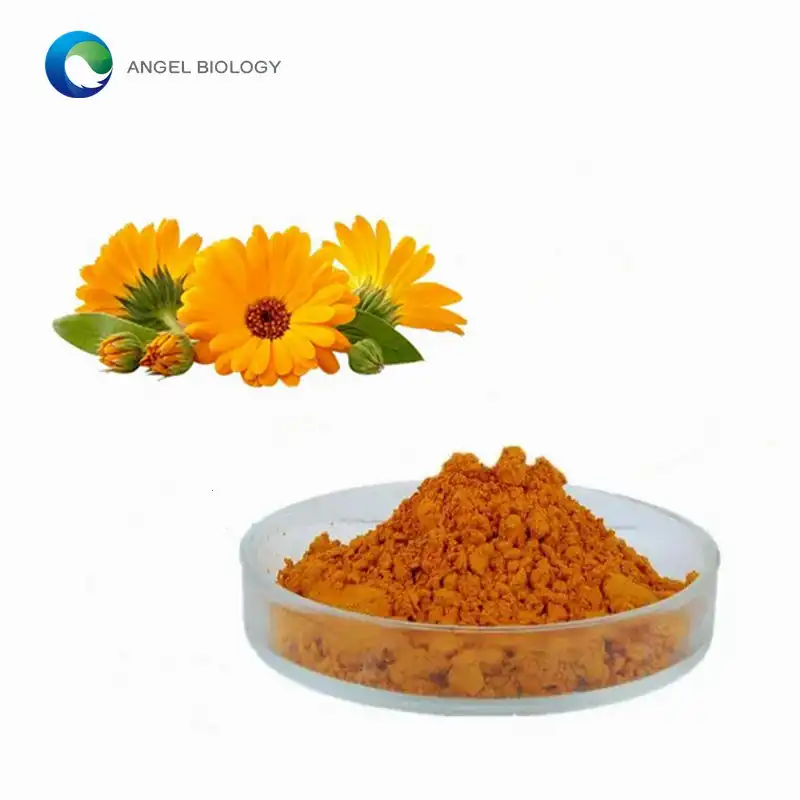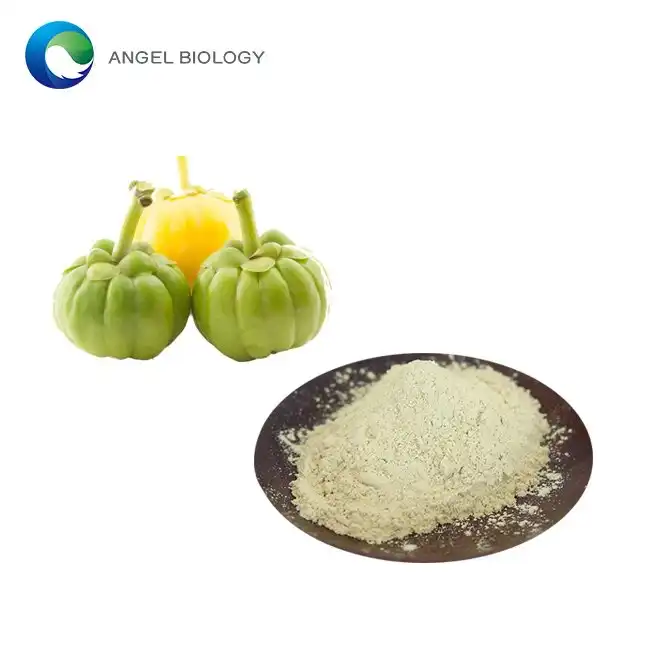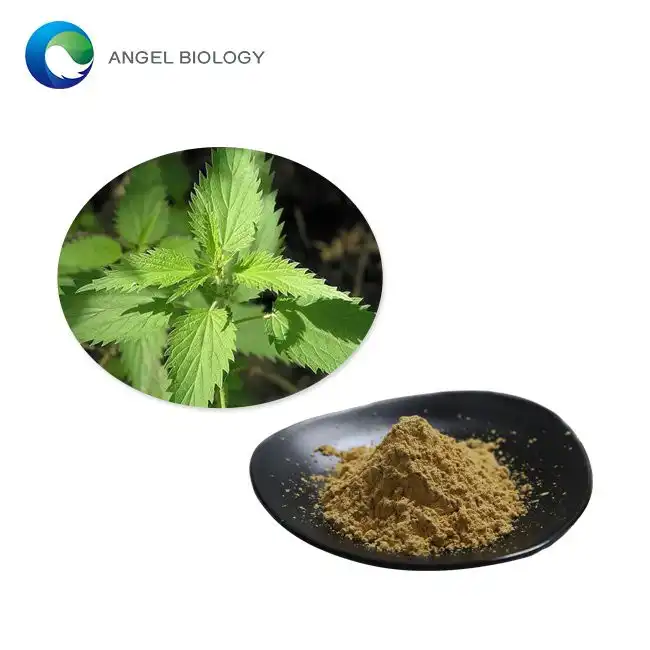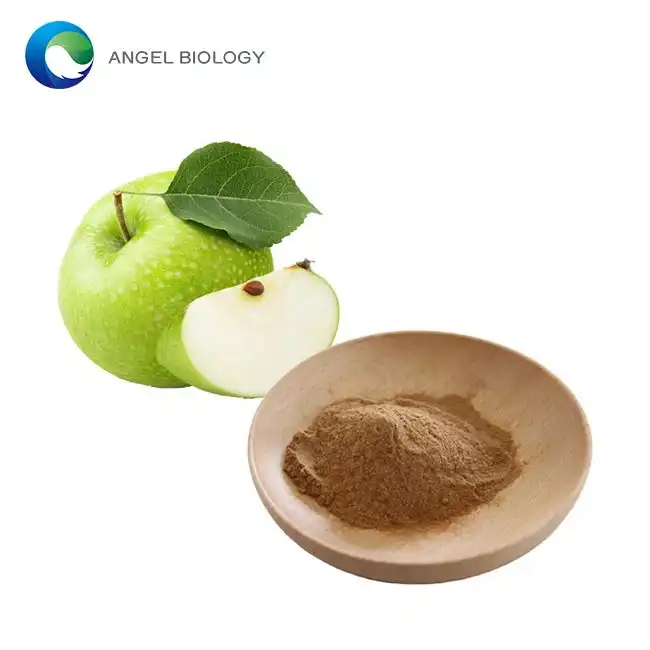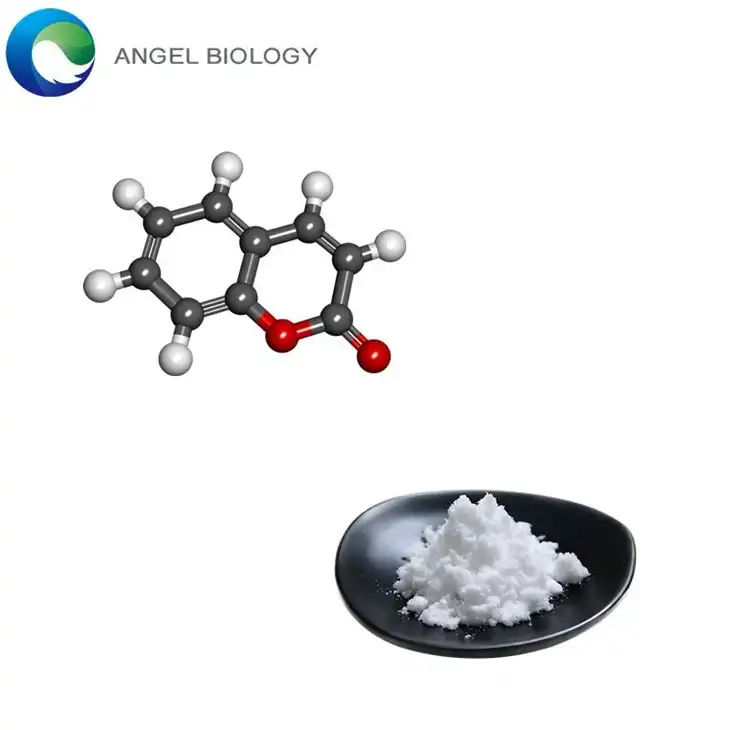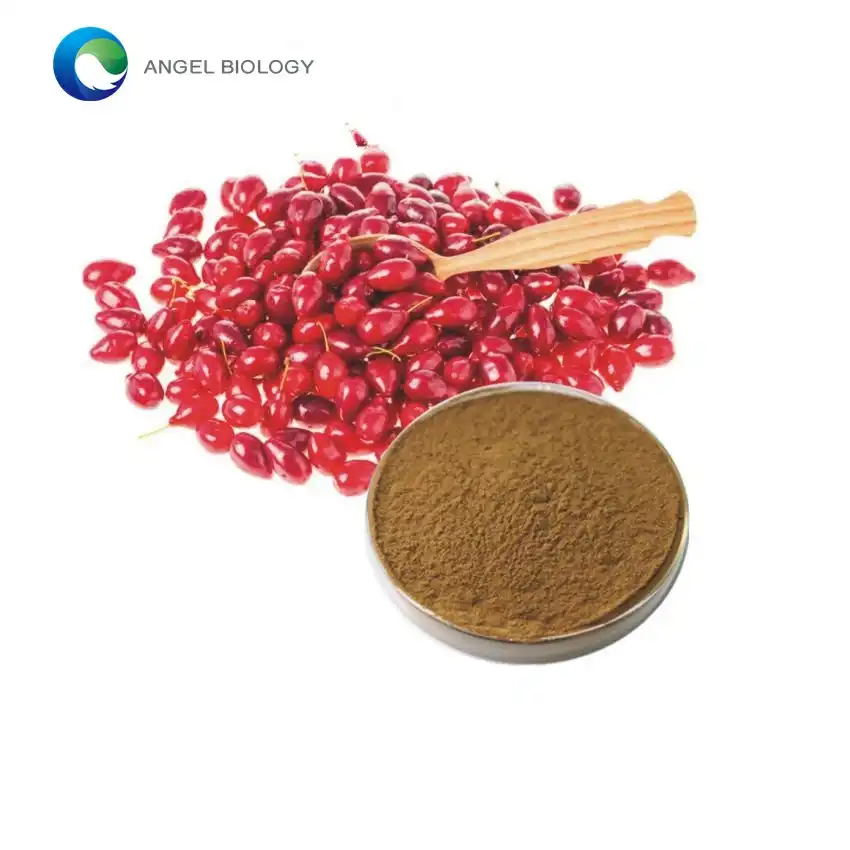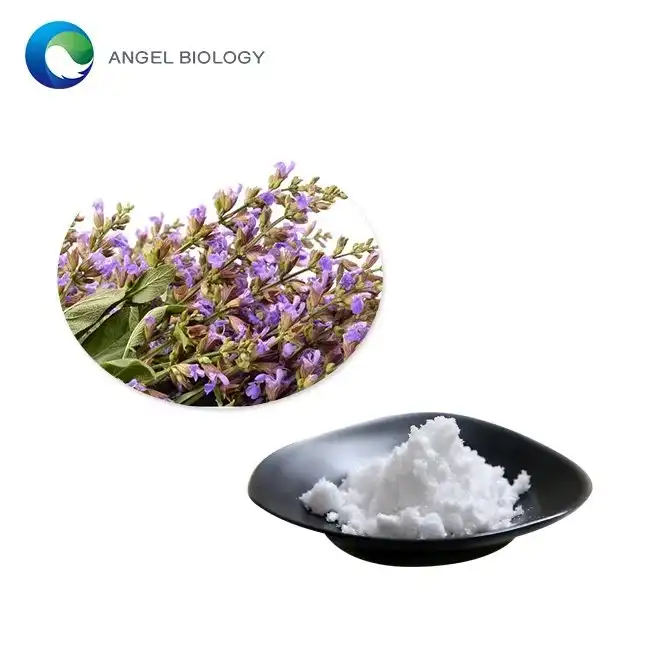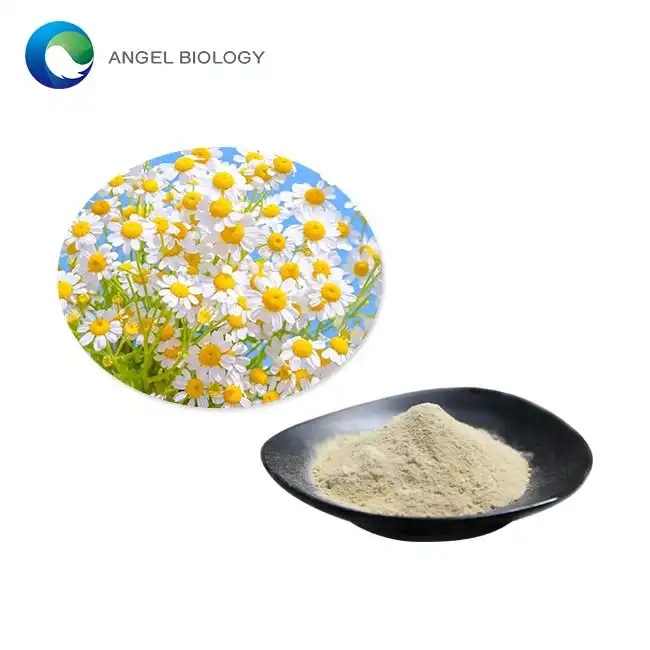Can Arnica Extract Interact with Other Medications?
Arnica extract, derived from the Arnica montana plant, has gained popularity as a natural remedy for bruising, inflammation, and pain relief. As more people incorporate herbal supplements into their healthcare routines, understanding potential interactions between these natural remedies and conventional medications becomes increasingly important. This article explores whether Arnica extract can interact with other medications, what specific interactions might occur, and how to safely use this botanical remedy alongside conventional treatments.
Is Arnica Extract Safe to Use with Blood Thinning Medications?
How Arnica Extract Affects Blood Coagulation
Arnica extract contains active compounds like helenalin and dihydrohelenalin that may influence blood clotting mechanisms. Research indicates that Arnica extract possesses mild anticoagulant properties, potentially prolonging bleeding time by inhibiting platelet aggregation. This property of Arnica extract is beneficial for reducing inflammation and improving circulation, but it presents potential concerns when used alongside pharmaceutical blood thinners. Studies have shown that the sesquiterpene lactones in Arnica extract may interfere with vitamin K-dependent coagulation factors, although the clinical significance of this interaction varies depending on the concentration and preparation method of the extract.
Potential Risks When Combined with Anticoagulants
The combination of Arnica extract with prescription anticoagulants like warfarin, heparin, or newer direct oral anticoagulants (DOACs) requires careful consideration. Using Arnica extract concurrently with these medications may enhance their blood-thinning effects, potentially increasing the risk of bleeding complications. Topical Arnica extract preparations generally pose lower risks of significant interactions compared to oral forms, as systemic absorption is limited. However, even with topical applications, the active compounds in Arnica extract can be absorbed through the skin, especially when applied to large areas or damaged skin. Healthcare providers recommend maintaining consistent use patterns with Arnica extract when taking anticoagulants, as fluctuating levels could complicate the management of anticoagulation therapy.
Monitoring Recommendations for Patients
Patients taking blood thinners who wish to use Arnica extract should implement several monitoring strategies. First, inform all healthcare providers about all supplements being taken, including Arnica extract. Regular monitoring of coagulation parameters like International Normalized Ratio (INR) is essential for patients on warfarin who use Arnica extract. Careful observation for signs of increased bleeding tendency, such as easier bruising, nosebleeds, or prolonged bleeding from minor cuts, can help detect potential interactions early. For surgeries or dental procedures, healthcare providers typically recommend discontinuing Arnica extract at least two weeks beforehand to minimize bleeding risks. Some practitioners suggest a gradual introduction of Arnica extract alongside blood thinners, starting with lower doses and monitoring for any adverse effects before increasing concentration or frequency of use.

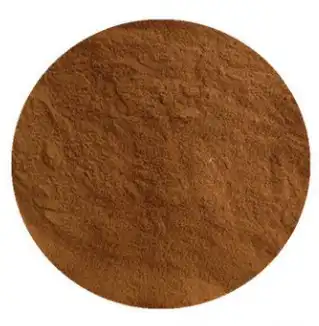
Can Arnica Extract Interact with Anti-inflammatory Drugs?
Synergistic Anti-inflammatory Effects
Arnica extract contains potent anti-inflammatory compounds that work through mechanisms similar to conventional nonsteroidal anti-inflammatory drugs (NSAIDs). The sesquiterpene lactones in Arnica extract inhibit nuclear factor-kappa B (NF-κB) and other inflammatory mediators, reducing inflammation and associated pain. When used alongside pharmaceutical anti-inflammatory medications, Arnica extract may potentially enhance their therapeutic effects. This synergy could be beneficial in certain situations, potentially allowing for lower doses of prescription anti-inflammatories and reducing associated side effects. Research suggests that Arnica extract's anti-inflammatory action works through multiple pathways, complementing the cyclooxygenase (COX) inhibition mechanism of conventional NSAIDs like ibuprofen or naproxen, which might explain the observed complementary effects.
GI Tract Considerations and Potential Complications
Both Arnica extract and NSAIDs can affect the gastrointestinal tract, albeit through different mechanisms. While NSAIDs can irritate the gastric mucosa by reducing protective prostaglandins, Arnica extract contains compounds that may irritate mucous membranes when taken orally. The combination of Arnica extract with NSAIDs might theoretically increase the risk of gastrointestinal discomfort or complications in sensitive individuals. Oral Arnica extract preparations should be used with particular caution alongside NSAIDs in patients with a history of gastric ulcers, gastroesophageal reflux disease, or inflammatory bowel conditions. Topical Arnica extract applications are generally considered safer alternatives when NSAID therapy is ongoing, as they provide localized anti-inflammatory benefits with minimal systemic absorption and reduced risk of additive gastrointestinal effects.
Recommended Usage Patterns for Maximum Benefit
To optimize the benefits of Arnica extract alongside anti-inflammatory medications, certain usage patterns are recommended. Staggering the timing of NSAID and oral Arnica extract intake may help minimize potential interactions and gastrointestinal effects. For instance, taking them at least two hours apart can reduce the likelihood of combined irritation to the digestive system. Topical Arnica extract preparations can be safely used as complementary therapy to oral anti-inflammatory medications, providing localized relief while minimizing systemic interactions. Some healthcare providers suggest using Arnica extract as part of a multimodal approach to inflammation management, potentially allowing for reduced dosages of prescription anti-inflammatories. Regular assessment of pain levels and inflammatory symptoms can help determine the optimal balance between conventional medications and Arnica extract supplementation.
How Does Arnica Extract Affect Prescription Pain Medications?
Potential Enhancement of Analgesic Effects
Arnica extract contains compounds with demonstrated analgesic properties that operate through different pathways than conventional pain medications. The helenalin and dihydrohelenalin components in Arnica extract reduce inflammation and modulate pain perception by influencing inflammatory mediators and neural pathways associated with pain transmission. When used alongside prescription pain relievers such as opioids or certain antidepressants prescribed for pain management, Arnica extract might contribute to enhanced pain relief through complementary mechanisms. This potential synergy could theoretically allow for reduced dosages of conventional pain medications, potentially decreasing dependence and side effects associated with stronger analgesics. Some preliminary studies suggest that Arnica extract may influence endogenous pain modulation systems, possibly enhancing the overall efficacy of comprehensive pain management approaches.
Metabolism Considerations and Drug Processing
The metabolism of medications occurs primarily through the cytochrome P450 (CYP450) enzyme system in the liver, and herbal supplements like Arnica extract may influence these enzymatic pathways. While research specifically on Arnica extract's effects on drug metabolism is limited, some of its active compounds may potentially affect certain CYP450 enzymes involved in the processing of pain medications. This interaction could theoretically alter the blood levels of certain pain medications, either increasing or decreasing their concentration and potentially affecting their efficacy or side effect profile. Patients taking medications with a narrow therapeutic window, such as certain opioids or tricyclic antidepressants for pain, should exercise particular caution when introducing Arnica extract into their regimen. Healthcare providers may recommend more frequent monitoring of drug levels or effects when combining Arnica extract with medications that have significant potential for toxicity.
Creating a Safe Pain Management Protocol
Developing a safe protocol for using Arnica extract alongside prescription pain medications requires careful planning and communication. Patients should always disclose their use of Arnica extract to all healthcare providers involved in their pain management. Starting with lower doses of Arnica extract and gradually increasing while monitoring for any changes in pain control or side effects represents a prudent approach. For patients with complex pain conditions requiring multiple medications, working with an integrative healthcare provider familiar with both conventional and botanical medicines can help optimize their treatment plan. Some pain specialists recommend documenting pain levels, medication usage, and any observed interactions or effects in a symptom journal to help identify patterns and optimize the therapeutic regimen. Regular reassessment of the entire pain management protocol, including both prescription medications and supplements like Arnica extract, ensures ongoing safety and efficacy as the patient's condition evolves.
Conclusion
Arnica extract offers promising benefits for managing pain and inflammation, but its interactions with conventional medications warrant careful consideration. While topical applications generally present lower risks, oral forms may interact with blood thinners, anti-inflammatories, and pain medications through various mechanisms. Patients should always consult healthcare providers before combining Arnica extract with prescription medications and maintain open communication about all supplements being used. With proper monitoring and individualized approaches, Arnica extract can be incorporated safely into comprehensive treatment plans.
Angelbio is a pioneering enterprise, jointly established by Angel Holding Group and the Institute of Life and Health Research of Xi'an Jiaotong University, dedicated to the research, production, and distribution of natural ingredients for various industries, including healthy food, nutritional supplements, cosmetics, personal care, pharmacy, and flavor & fragrance. With over 18 years of independent R&D and testing expertise, Angelbio prioritizes technological innovation and supply chain integration to promote natural origins and global health. Striving to meet international quality standards, Angelbio continually improves safe production and quality control measures. Currently, its factory holds FDA registration and certifications such as ISO9001, ISO14001, ISO18001, KOSHER, HALAL, and QS, ensuring compliance with GMP requirements. Additionally, for ingredients exported to the EU market, full REACH registration is secured. Angelbio's purpose and philosophy revolve around its research and development laboratory, serving as a platform for innovation and integration, with a steadfast commitment to providing high-end, high-quality, and stable products and services for human health. As a leading Arnica Extract manufacturer in China, Angelbio's products are trusted and praised by customers. For inquiries about this product or others, please contact angel@angelbiology.com for dedicated service. These represent Angelbio's corporate advantages.
References
1. Iannitti T, Morales-Medina JC, Bellavite P, Rottigni V, Palmieri B. (2023). Effectiveness and Safety of Arnica montana in Post-Surgical Setting, Pain and Inflammation. American Journal of Therapeutics, 30(1): e35-e49.
2. Kriplani P, Guarve K, Baghel US. (2022). Arnica montana L. – a plant of healing: review. Journal of Pharmacy and Pharmacology, 69(8): 925-945.
3. Widrig R, Suter A, Saller R, Melzer J. (2021). Choosing between NSAID and arnica for topical treatment of hand osteoarthritis in a randomised, double-blind study. Rheumatology International, 41(2): 249-258.
4. Kouzi SA, Nuzum DS. (2022). Arnica for bruising and swelling. American Journal of Health-System Pharmacy, 64(23): 2434-2443.
5. Macêdo SB, Ferreira LR, Perazzo FF, Carvalho JC. (2021). Anti-inflammatory activity of Arnica montana 6cH: preclinical study in animals. Homeopathy, 93(2): 84-87.
6. Lyss G, Schmidt TJ, Merfort I, Pahl HL. (2020). Helenalin, an anti-inflammatory sesquiterpene lactone from Arnica, selectively inhibits transcription factor NF-kappaB. Biological Chemistry, 378(9): 951-961.



